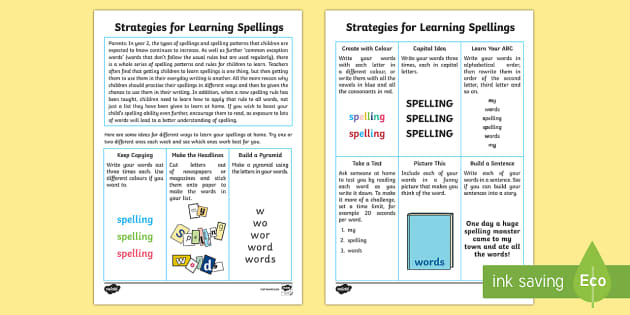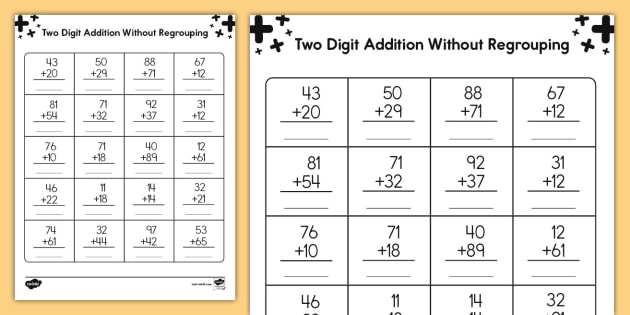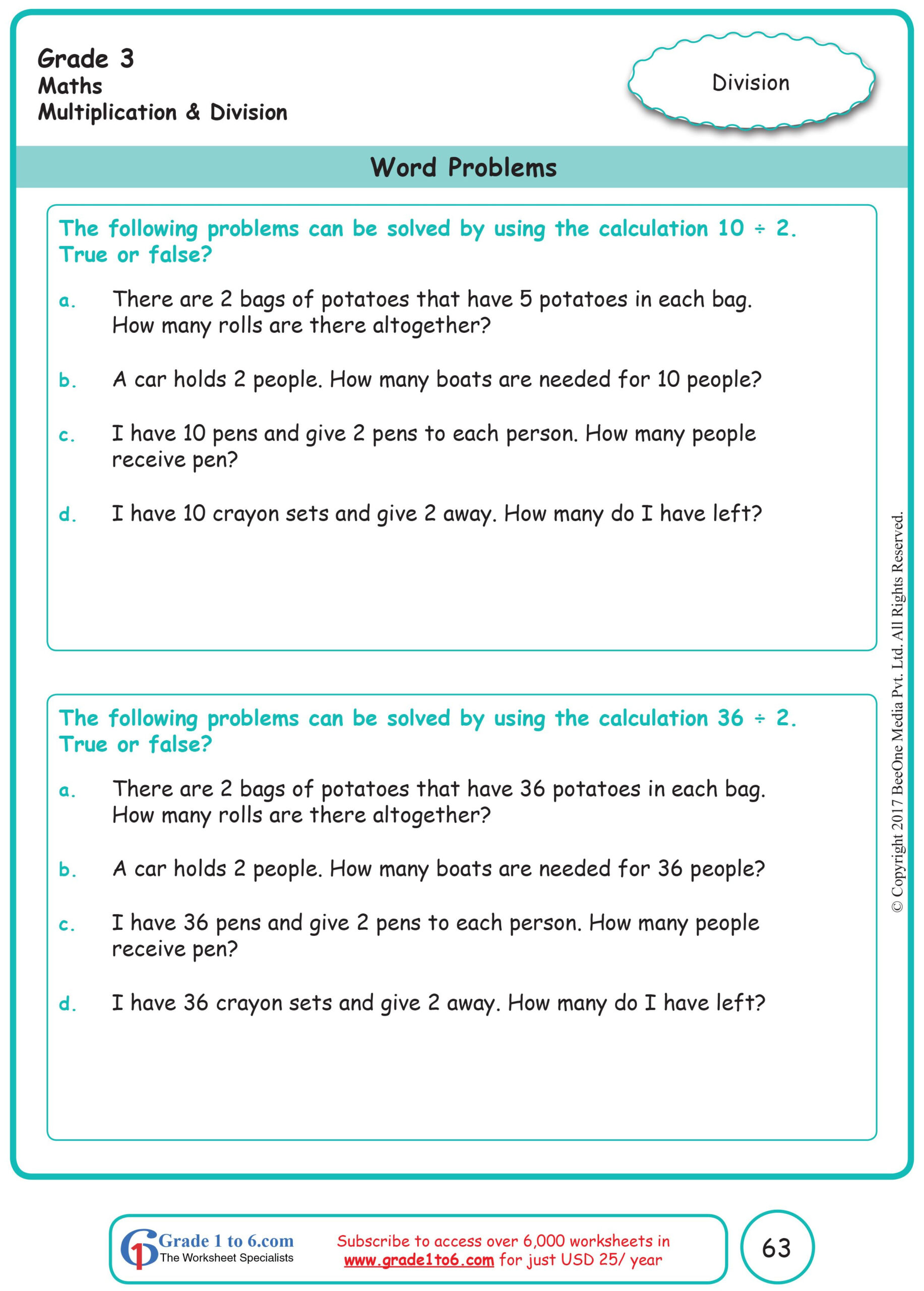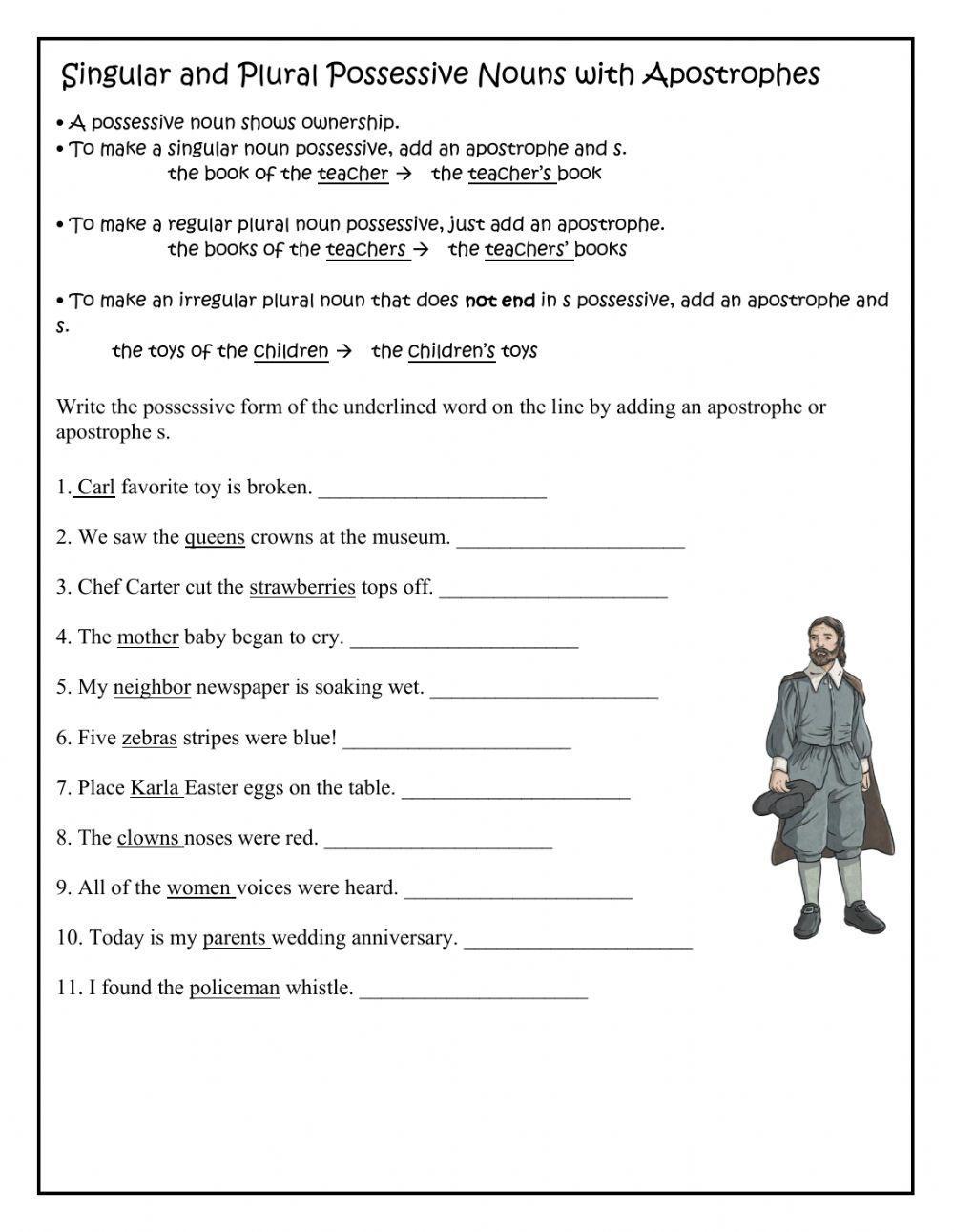7 Fun Ways to Master First Grade Spelling

Mastering First Grade Spelling: A Fun and Engaging Approach
Learning to spell is an essential skill for first-grade students, and it can be a fun and engaging experience with the right approaches. As a parent or educator, you play a significant role in helping your child develop this skill. Here are seven fun ways to master first-grade spelling, making the learning process enjoyable and effective.
1. Create a Word Wall
A word wall is a display of words that your child is learning to spell. You can create a word wall in your home or classroom using flashcards, posters, or even a whiteboard. Each time your child masters a new word, add it to the word wall. This visual aid will help your child see the words they’ve learned and provide a sense of accomplishment.
How to Create a Word Wall:
- Choose a location for the word wall, such as a large piece of cardboard or a wall in your home or classroom.
- Write or print the words your child is learning to spell on flashcards or posters.
- Add a new word to the word wall each time your child masters it.
- Encourage your child to read the words on the word wall regularly.
2. Play Spelling Games
Games are an excellent way to make learning to spell fun and engaging. Here are a few ideas for spelling games you can play with your child:
- Scavenger Hunt: Hide flashcards or posters with words around the house or classroom, and have your child find them.
- Spelling Bingo: Create bingo cards with words and call out the words for your child to mark.
- Spelling Scramble: Write a word on a piece of paper, scramble the letters, and have your child unscramble them.
Benefits of Spelling Games:
- Make learning to spell a fun and enjoyable experience.
- Provide opportunities for your child to practice spelling in a low-stakes environment.
- Help your child develop phonemic awareness and decoding skills.
3. Use Music and Rhymes
Music and rhymes can be a powerful tool for learning to spell. Here are a few ideas for using music and rhymes to help your child master first-grade spelling:
- Spelling Songs: Create a song or rap with your child using the words they’re learning to spell.
- Rhyming Games: Play games that involve rhyming, such as “I Spy” or “Rhyming Bingo.”
- Word Families: Use music and rhymes to teach word families, such as -at or -an.
Benefits of Music and Rhymes:
- Make learning to spell a fun and engaging experience.
- Help your child develop phonological awareness and decoding skills.
- Provide opportunities for your child to practice spelling in a creative way.
4. Make it Hands-On
Hands-on activities are an excellent way to help your child master first-grade spelling. Here are a few ideas for hands-on activities you can try:
- Playdough: Use playdough to create words and practice spelling.
- Sand Writing: Write words in sand or rice to practice spelling.
- Letter Tracing: Use shaving cream or paint to practice tracing letters and words.
Benefits of Hands-On Activities:
- Provide opportunities for your child to practice spelling in a tactile way.
- Help your child develop fine motor skills and hand-eye coordination.
- Make learning to spell a fun and engaging experience.
5. Use Technology
Technology can be a powerful tool for learning to spell. Here are a few ideas for using technology to help your child master first-grade spelling:
- Spelling Apps: Use apps like Spelling City or SpellQuiz to practice spelling.
- Online Games: Play online games like Spelling Bee or Word Search to practice spelling.
- Digital Word Walls: Create a digital word wall using a tool like Padlet or Google Jamboard.
Benefits of Technology:
- Provide opportunities for your child to practice spelling in a fun and engaging way.
- Help your child develop typing skills and hand-eye coordination.
- Make learning to spell a fun and interactive experience.
6. Read, Read, Read
Reading is one of the best ways to help your child master first-grade spelling. Here are a few ideas for using reading to help your child practice spelling:
- Read Aloud: Read aloud to your child and have them read aloud to you.
- Shared Reading: Read a book together and take turns reading pages or paragraphs.
- Independent Reading: Encourage your child to read independently and provide opportunities for them to practice reading aloud.
Benefits of Reading:
- Provide opportunities for your child to practice spelling in context.
- Help your child develop phonological awareness and decoding skills.
- Make learning to spell a fun and engaging experience.
7. Make it a Routine
Making spelling a routine can help your child master first-grade spelling. Here are a few ideas for incorporating spelling into your daily routine:
- Daily Spelling Practice: Set aside time each day to practice spelling.
- Spelling Calendar: Create a calendar with words to practice each day.
- Spelling Journal: Encourage your child to keep a spelling journal to practice writing words each day.
Benefits of a Routine:
- Help your child develop a consistent practice routine.
- Provide opportunities for your child to practice spelling in a low-stakes environment.
- Make learning to spell a fun and engaging experience.
💡 Note: Consistency is key when it comes to practicing spelling. Encourage your child to practice spelling regularly, even if it's just for a few minutes each day.
In conclusion, mastering first-grade spelling can be a fun and engaging experience with the right approaches. By incorporating games, music, hands-on activities, technology, reading, and routine practice into your child’s daily routine, you can help them develop the skills they need to become a confident speller.
What is the best way to practice spelling with my child?
+The best way to practice spelling with your child is to make it fun and engaging. Try incorporating games, music, and hands-on activities into your daily routine. You can also use technology, such as spelling apps and online games, to make practice more enjoyable.
How often should my child practice spelling?
+It’s best to practice spelling regularly, even if it’s just for a few minutes each day. Consistency is key when it comes to developing spelling skills. Try to set aside time each day to practice spelling, and make it a fun and engaging experience.
What are some common mistakes to avoid when practicing spelling with my child?
+Some common mistakes to avoid when practicing spelling with your child include making it too repetitive or boring, not providing enough feedback or encouragement, and not making it fun and engaging. Try to incorporate games, music, and hands-on activities into your practice routine, and provide plenty of feedback and encouragement to help your child stay motivated.
Related Terms:
- Short a worksheets pdf
- Spelling worksheet for grade 4
- Spelling worksheet grade 2
- Super Teacher Worksheets
- Sight words for kindergarten worksheets
- Spelling Worksheet grade 3



